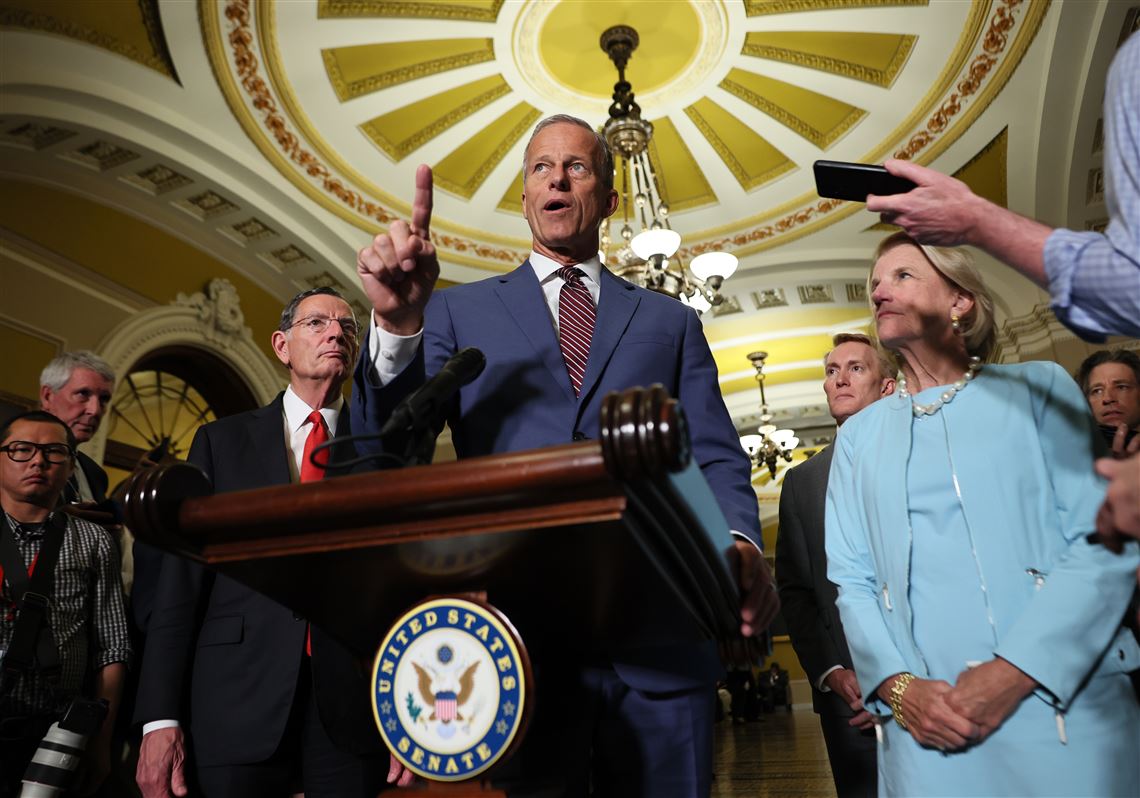Bill Reduces Funding for NPR, PBS, and International Programs
The U.S. Senate has approved a $9 billion budget rescission package, including the elimination of $1.1 billion in funding for the Corporation for Public Broadcasting (CPB). The measure, part of a broader initiative led by the Trump administration, aims to reduce previously allocated federal spending, also cutting $7.9 billion from various international aid programs.
CPB distributes funds to public media organizations like NPR and PBS, which may see significant financial impacts, particularly at local and rural stations.
Narrow Vote Reflects Partisan Divide
The bill passed with a 51-48 vote, mostly along party lines. Republican Senators Susan Collins and Lisa Murkowski opposed the measure, while most of their colleagues supported it. Murkowski introduced an amendment to preserve CPB funding while blocking federal funds from NPR, citing public radio’s role in broadcasting emergency alerts after a recent earthquake in Alaska.
Efforts to exclude public broadcasting from the package were unsuccessful, as the Republican majority held firm.
Rural Stations Face Uncertain Future
Public media advocates warn that eliminating CPB funding could lead to the closure of small local stations, particularly in rural and underserved areas. NPR and PBS affiliates receive between 8% and 15% of their budgets from federal sources.
A recent national poll indicated that two-thirds of Americans support federal funding for public broadcasting, including 58% of Republicans and 77% of Democrats.
The House is expected to review and vote on the revised bill before the legal deadline. If no action is taken, the previously allocated funds would be reinstated. The outcome may significantly reshape the future of publicly funded media in the United States, ending nearly 60 years of federal support.



